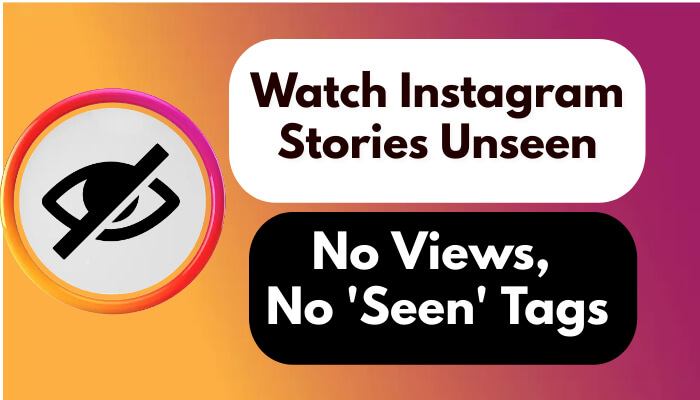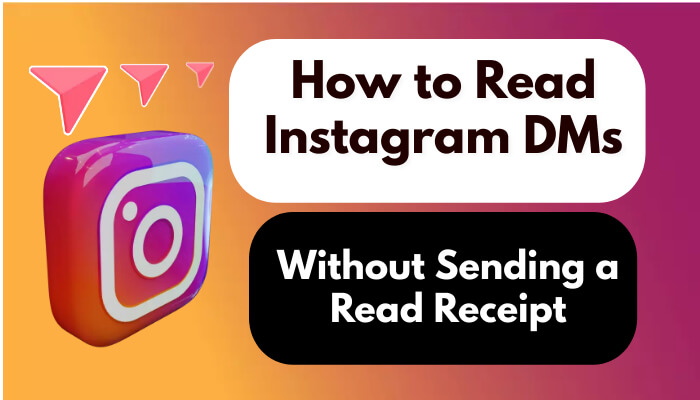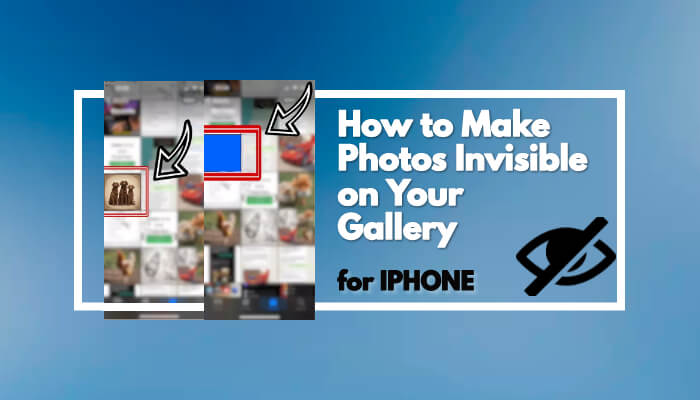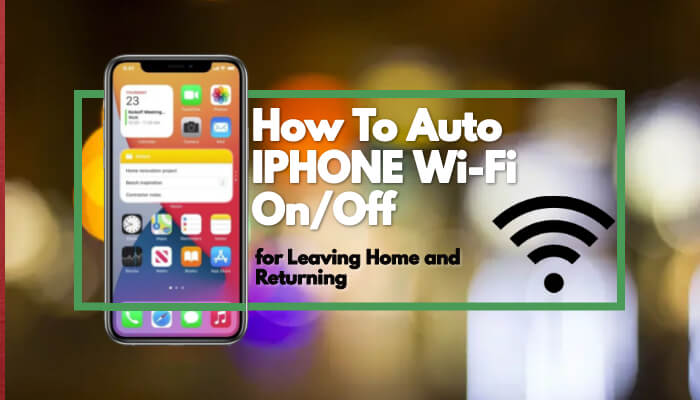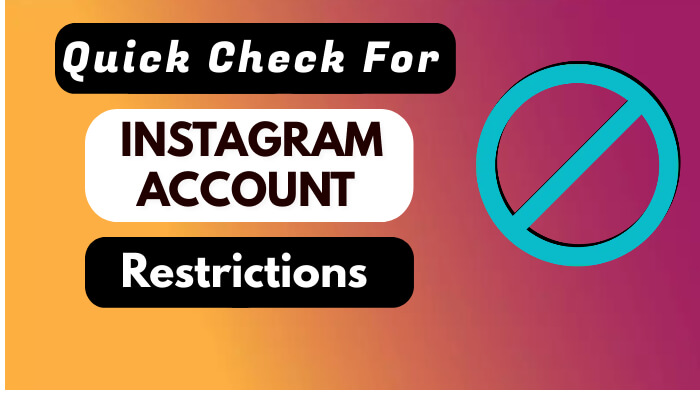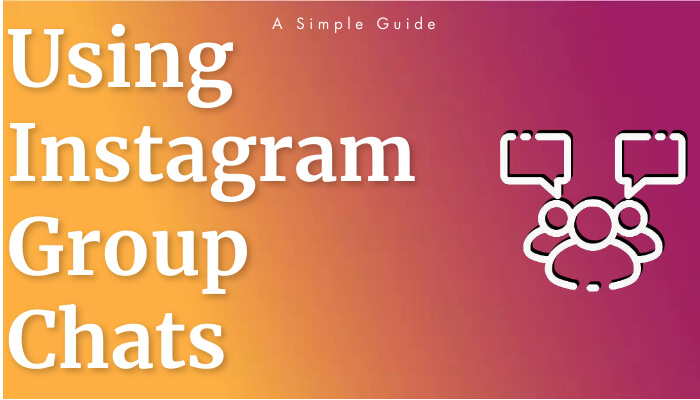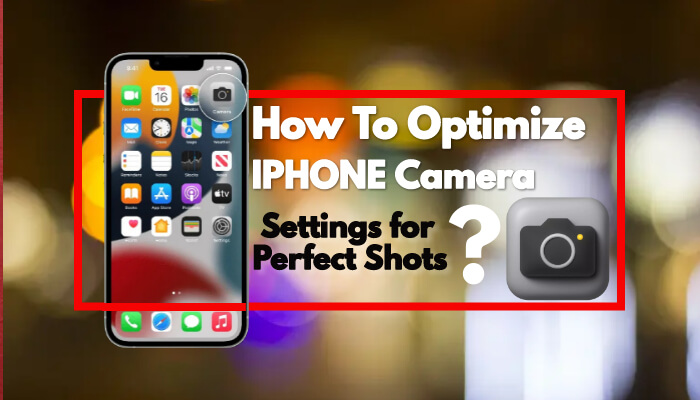
Introducing WhatsApp: A Game-changer in the Digital Communication Landscape In today's fast-paced world, communication has become a crucial aspect of our lives, both personally and professionally. Among the vast array of messaging apps available, WhatsApp has emerged as a leader, captivating users with its exceptional features and unparalleled usability. This blog post aims to explore WhatsApp's innovative features and user-friendly interface that make it a go-to choice for millions across the globe. Additionally, we will delve into the robust security measures offered by WhatsApp, ensuring users' privacy and data protection. Furthermore, we will discuss the pricing and availability of messaging apps, highlighting why WhatsApp continues to dominate the market. Join us on this informative journey as we unravel the influence WhatsApp holds in the ever-evolving digital communication landscape.
WhatsApp's Features and Usability
WhatsApp is a popular messaging app that offers a wide range of features and user-friendly interface, making it a go-to choice for millions of people around the world. One of the key features of WhatsApp is its ability to send text messages, voice messages, images, and videos to individuals or groups. This makes it convenient for keeping in touch with family and friends or collaborating on projects with colleagues.
In addition to its basic messaging capabilities, WhatsApp also offers several advanced features that enhance the user experience. One of these features is end-to-end encryption, which ensures that only the sender and recipient can read the messages sent through the app. This provides an extra layer of security and privacy for users, preventing unauthorized access to their conversations.
Another notable feature of WhatsApp is its wide platform availability. The app is compatible with both Android and iOS devices, making it accessible to a large user base. Furthermore, it can be used on smartphones as well as on desktop computers, allowing users to stay connected regardless of the device they are using.
- Instant Messaging: WhatsApp allows users to send instant text messages, voice messages, images, and videos.
- End-to-End Encryption: All messages sent through WhatsApp are encrypted, ensuring privacy and security.
- Cross-Platform Compatibility: The app is available for both Android and iOS devices, as well as desktop computers.
| Feature | Description |
|---|---|
| Instant Messaging | Users can send text messages, voice messages, images, and videos instantly. |
| End-to-End Encryption | All messages are encrypted, providing enhanced privacy and security. |
| Cross-Platform Compatibility | WhatsApp can be used on both Android, iOS devices, and desktop computers. |
Overall, WhatsApp's features and usability make it a top choice among messaging apps. Its ability to send various types of messages, strong security measures, and compatibility across platforms contribute to its popularity. Whether it's for personal use or professional communication, WhatsApp offers a convenient and reliable platform for staying connected with others.
Security Measures Offered by WhatsApp
When it comes to secure messaging apps, WhatsApp has become one of the most popular choices among users. With over 2 billion active users around the world, WhatsApp understands the importance of ensuring the privacy and security of its users' messages. The app offers a range of security measures to protect user data and prevent unauthorized access.
One of the key security features of WhatsApp is end-to-end encryption. This means that only the sender and receiver of a message can read its contents. Even WhatsApp itself cannot decrypt and read the messages sent between users. This level of encryption ensures that conversations stay private and protected from any potential eavesdropping or hacking attempts.
In addition to end-to-end encryption, WhatsApp also provides users with two-factor authentication (2FA) for an extra layer of security. By enabling 2FA, users have to provide a second verification factor, such as a numeric passcode or their fingerprint, to access their WhatsApp account. This helps to prevent unauthorized access even if someone manages to obtain the user's SIM card or mobile device.
Furthermore, WhatsApp regularly updates its security features and patches any vulnerabilities that may arise. These updates are important for keeping the app secure and protecting users' data from potential threats. By constantly improving its security measures, WhatsApp ensures that users can trust the app to keep their conversations secure.
In conclusion, WhatsApp offers a range of security measures to protect its users' messages and ensure their privacy. With end-to-end encryption, two-factor authentication, and regular updates, WhatsApp goes above and beyond to provide a secure messaging experience. Whether you're sharing personal conversations or sensitive information, you can have peace of mind knowing that your messages are protected on WhatsApp.
Key security measures offered by WhatsApp:
- End-to-end encryption
- Two-factor authentication
- Regular security updates
Benefits of WhatsApp's security measures:
| Security Measure | Benefits |
|---|---|
| End-to-end encryption | - Messages are only readable by sender and receiver- Protects against eavesdropping and hacking attempts |
| Two-factor authentication | - Adds an extra layer of security- Prevents unauthorized access even with stolen SIM cards or devices |
| Regular security updates | - Keeps the app secure and protected from vulnerabilities- Ensures user data is safe from potential threats |
Messaging Apps: Pricing and Availability
Messaging apps have revolutionized the way we communicate in this digital age. Whether it's sending a quick message to a friend or starting a group chat with colleagues, these apps have become an essential part of our daily lives. But have you ever wondered about the pricing and availability of these apps? In this blog post, we will delve into the various pricing models adopted by messaging apps and explore their availability across different platforms.
When it comes to pricing, messaging apps fall into two categories: free and paid. Free messaging apps, such as WhatsApp, offer their services without any upfront cost. Users can download these apps from app stores and enjoy their features without having to spend a dime. However, some free apps may include advertisements or offer premium features at an additional cost. On the other hand, paid messaging apps, like Slack, require users to purchase a subscription or pay a one-time fee to access their services. These apps often provide a more advanced set of features and prioritize user privacy and security.
Availability is another crucial factor to consider when choosing a messaging app. The majority of messaging apps are available on both iOS and Android platforms, making them accessible to a wide range of users. However, certain apps may have limitations when it comes to availability. For instance, some apps may only be available on specific operating systems or devices. This can be a deciding factor for users who prefer a particular platform or device. Additionally, messaging apps may vary in terms of language support and international availability, making it important to choose an app that caters to your specific needs.
In conclusion, messaging apps have different pricing models and availability options. Whether you opt for a free app with optional premium features or choose to invest in a paid app with advanced functionalities, there are plenty of options to suit your communication needs. Additionally, considering the availability of an app on your preferred platform or device is crucial for a seamless messaging experience. So next time you're looking for a messaging app, take into account both the pricing and availability aspects to make an informed decision.
- Messaging apps come in both free and paid models.
- Free apps may include advertisements or offer premium features at an additional cost.
- Paid apps often provide advanced features and prioritize user privacy.
- Messaging apps are typically available on both iOS and Android platforms.
- Some apps may have limitations in terms of availability on specific operating systems or devices.
- Consider language support and international availability when choosing a messaging app.
| App Name | Pricing Model | Availability |
|---|---|---|
| Free with optional premium features | iOS, Android, Web | |
| Slack | Paid subscription | iOS, Android, Web |
| Free with in-app purchases | iOS, Android | |
| Telegram | Free | iOS, Android, Web |
WhatsApp's Influence in the Digital Communication Landscape
WhatsApp has undoubtedly revolutionized the way people communicate in the digital landscape. With over 2 billion active users globally, this messaging app has become a dominant player in the field of digital communication. Its influence can be seen in various aspects, from shifting consumer preferences to changing communication patterns. In this blog post, we will explore the significant influence WhatsApp has had on the digital communication landscape.
One of the key features that sets WhatsApp apart from other messaging apps is its simplicity and user-friendly interface. The app offers a wide range of features that cater to the needs of its users, making it highly convenient and easy to use. From sending text messages to making voice and video calls, sharing documents and media files, WhatsApp provides a seamless experience for communication.
Furthermore, WhatsApp's end-to-end encryption has significantly enhanced the privacy and security of digital communication. This security measure ensures that only the intended recipients can access the messages, making it virtually impossible for anyone else, including WhatsApp itself, to intercept or read the content. This level of security has greatly contributed to the increasing popularity of the app among individuals and businesses alike.
In addition to its features and security measures, WhatsApp has also played a crucial role in shaping the pricing and availability of messaging apps. Initially offered as a free service, WhatsApp introduced a subscription-based model, which was later replaced by a one-time payment for lifetime access. This pricing strategy disrupted the market and influenced other messaging apps to reconsider their pricing models, leading to increased competition and innovation in the industry.
In conclusion, WhatsApp has truly made a significant impact on the digital communication landscape. Its user-friendly interface, robust security measures, and disruptive pricing strategy have transformed the way people communicate and connect with one another. As the app continues to evolve and introduce new features, its influence in the digital communication space is bound to grow even further.
Key Points:
- WhatsApp has revolutionized digital communication with over 2 billion active users globally.
- The app offers a user-friendly interface and a wide range of convenient features.
- End-to-end encryption ensures the privacy and security of messages.
- WhatsApp's pricing strategy has influenced other messaging apps in the industry.
- Its influence on the digital communication landscape is expected to continue growing.
Frequently Asked Questions
Question 1: What are some of the features and usability of WhatsApp?
WhatsApp offers several features such as messaging, voice calling, video calling, file sharing, and group chats. It is user-friendly with a simple interface and easy navigation.
Question 2: How does WhatsApp ensure security and privacy?
WhatsApp provides end-to-end encryption for all messages, ensuring that only the sender and recipient can read them. It also offers options for two-step verification and fingerprint lock, enhancing security measures.
Question 3: Are there any costs associated with using WhatsApp?
WhatsApp is free to download and use. It uses an internet connection to send messages and make calls, so users may incur data charges from their mobile network provider.
Question 4: Is WhatsApp available on all devices?
WhatsApp is available for both Android and iOS devices. It can also be used on desktop computers through the WhatsApp web or desktop apps.
Question 5: What is the influence of WhatsApp in the digital communication landscape?
WhatsApp has revolutionized digital communication by providing a convenient and efficient platform for instant messaging and calling. It has gained immense popularity globally and has become an integral part of people's daily communication habits.
Question 6: How does WhatsApp compare to other messaging apps in terms of pricing and availability?
WhatsApp stands out with its free usage and availability across different platforms. Some messaging apps may charge for certain features or offer limited availability, while WhatsApp remains widely accessible.
Question 7: Can WhatsApp be used for business purposes?
Yes, WhatsApp offers a separate platform called WhatsApp Business that caters to businesses. It provides features like automated messages, business profiles, and analytics to help businesses connect with customers and enhance communication.
